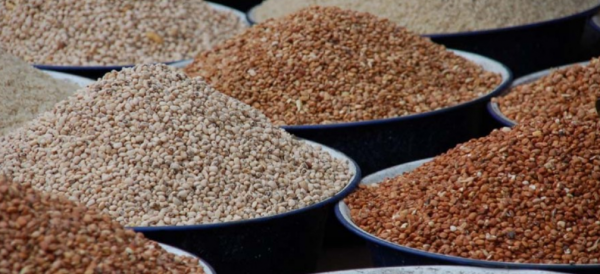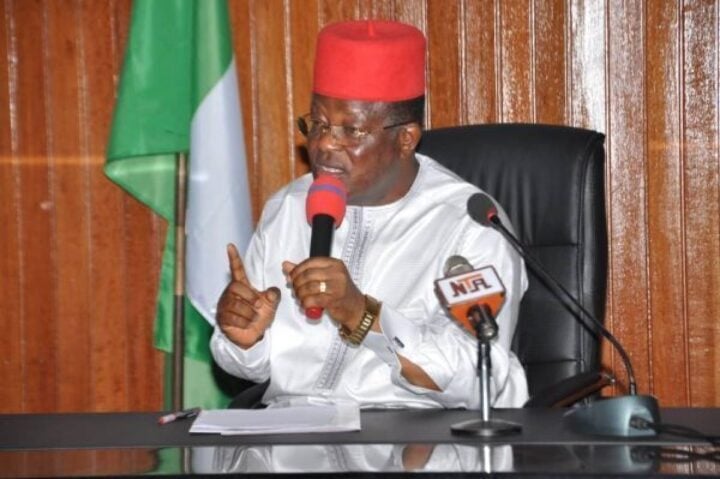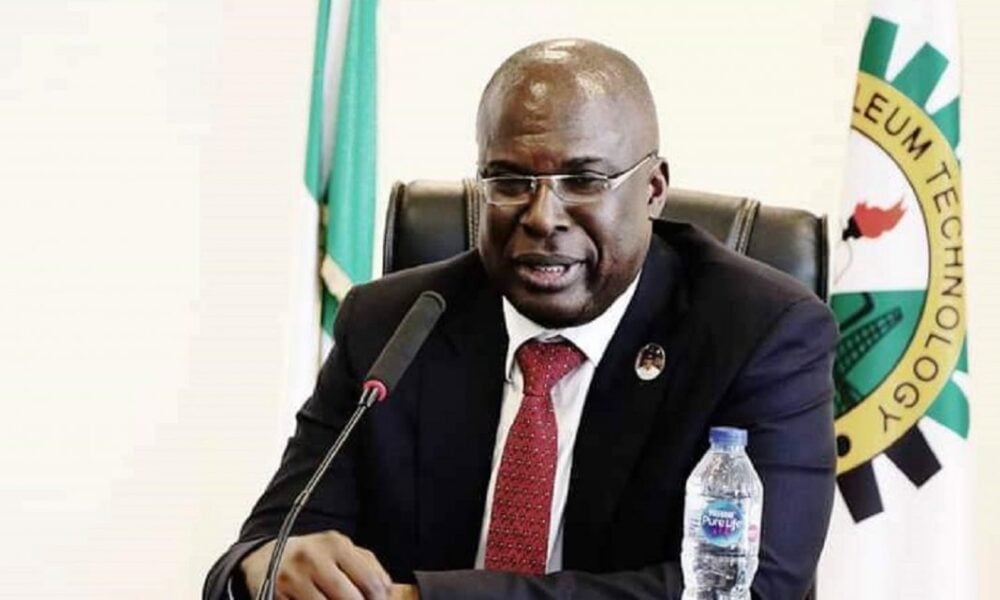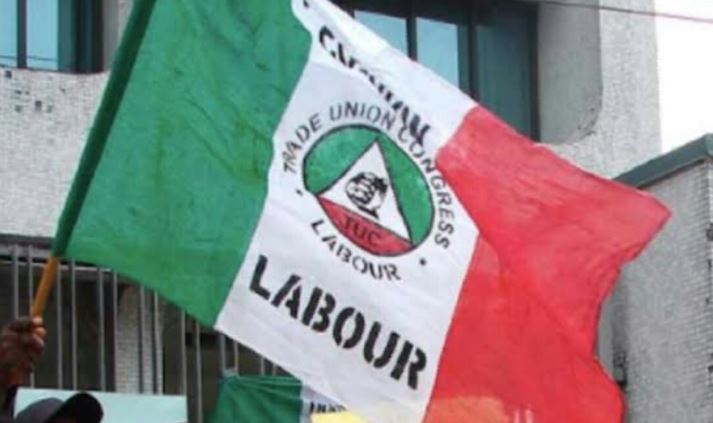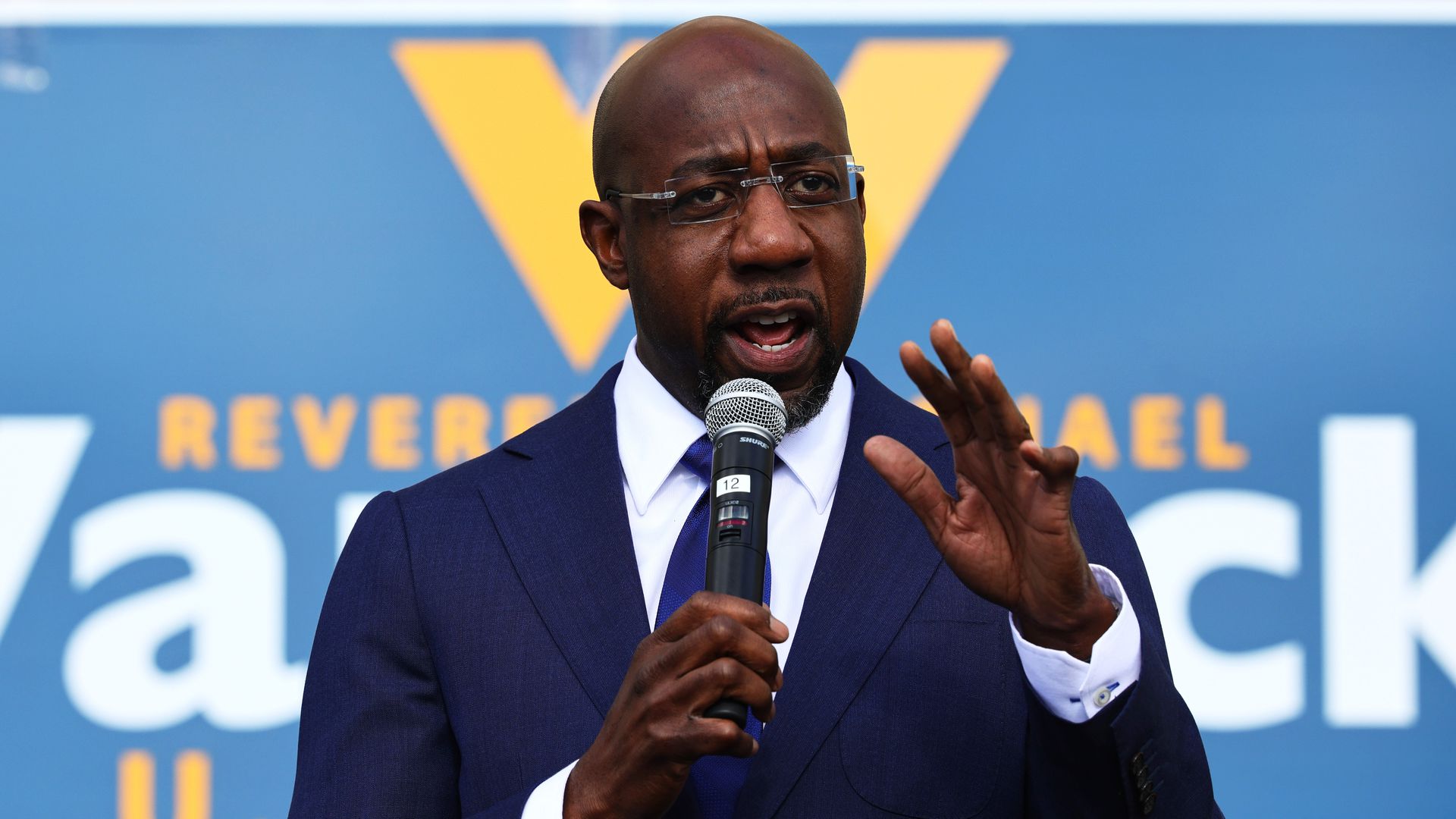The consumer price index, which measures the average change in prices of goods and services, was on an upward trend for 11 months in 2020.
The most recent (November) inflation figures released by the National Bureau of Statistics show that headline inflation rose by 66 basis points to 14.89 percent on a year-on-year basis – the highest level since January 2018.
On a month-to-month basis, CPI increased to 1.60 per cent – the highest level since May 2017.
The upward trajectory can be attributed to a mix of socio-economic factors, further shrinking the wallet of already cash-strapped consumers.
Advertisement
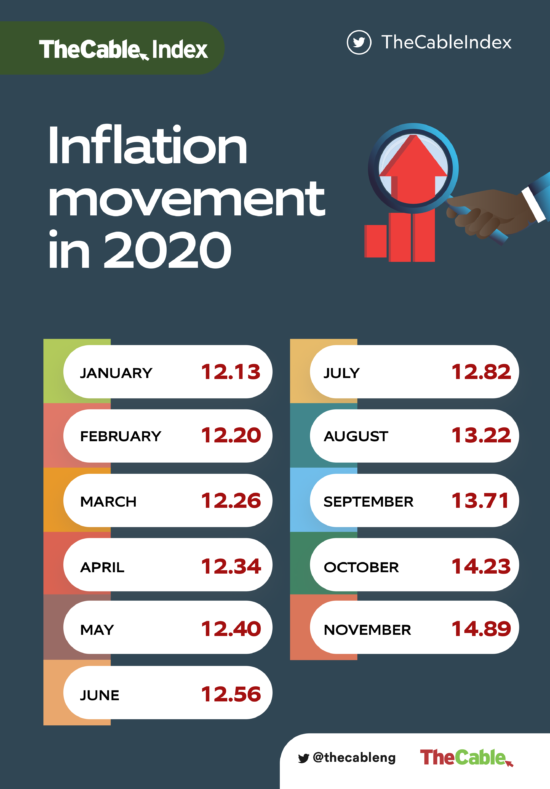
Land border closure
According to Zainab Ahmed, the minister of finance, the closure of Nigeria’s land borders contributed to rising inflation.
Advertisement
The land borders were closed in August 2019 to curb the smuggling of hard drugs and arms and agricultural products from neighbouring West African countries.
President Muhammadu Buhari ordered that the borders be reopened on December 16, 2020.
In his New Year speech, the president also said pent-up demand for legitimate cross-border and international trade will boost the fortunes of small businesses and agricultural enterprises in the country.
Insecurity
Advertisement
Frequent attacks on farmlands in the food-producing states was a common feature in 2020, driving up food prices and, in turn, inflation.
In November, food inflation spiked to 18.30 percent year-on-year – the highest since January 2018.
Some Northern elders attributed food inflation to the worsening insecurity in Nigeria, making it difficult for farmers and transporters to convey food products to other parts of the country.
Zana Goni, the national coordinator of Coalition of Northern Elders for Peace and Development (CNEPD), said: “The latest increase in the prices of commodities, especially food items in Nigerian markets, did not come to us as a surprise, in view of the link between insecurity and food scarcity”.
Advertisement
“The helpless situation, which our people have found themselves in, has made them abandon their farming activities, thus resulting in the current food insecurity in the country.”
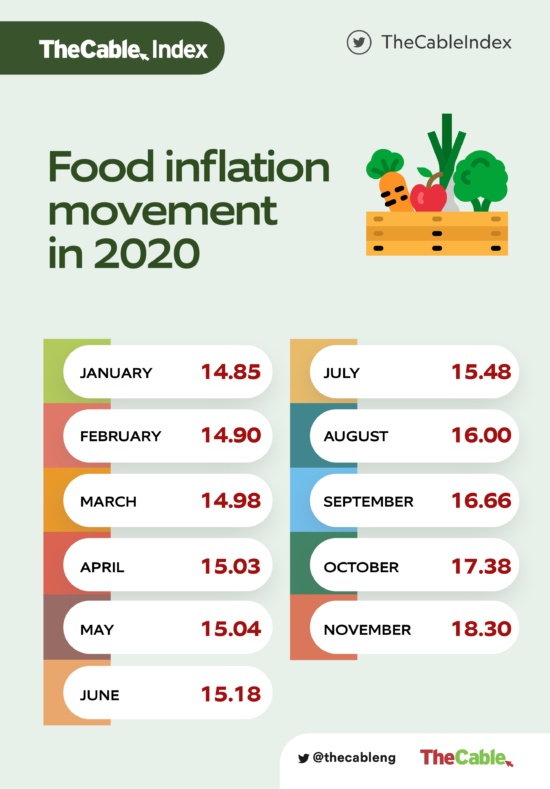
Advertisement
COVID-19 pandemic
Nigeria recorded its first case of coronavirus on February 27, 2020, and the lockdown started with Lagos, Ogun and Abuja before other states followed suit.
Advertisement
In April, inflation hit a two-year high to stand at 12.34 percent.
As the country witnessed an increase in the number of confirmed COVID-19 cases, the cost of medical services increased as Nigerians sought to protect themselves and loved ones from the coronavirus.
Advertisement
Electricity, petrol subsidy removal
Some of the major economic decisions undertaken by the federal government in 2020 included the removal of subsidies on petrol and electricity.
In March 2020, the federal government introduced a price modulation policy where international crude oil prices and landing costs are used to determine the retail price of petrol.
Seeing as both are an integral part of production and transportation, businesses adjusted their rates to reflect how the subsidy removal affected their cost of production.
With this, people are pessimistic that the inflation rate will remain in place this December due to festivities, and will likely continue into 2021.
According to the Q4 2020 inflation attitudes survey published by the Central Bank of Nigeria (CBN), majority of respondents (60.8 percent) believed that Nigeria’s economy would end up weaker in the next 12 months if prices started to rise faster.
Similarly, in CBN consumer expectation survey for Q4 2020, most consumers said the prices of goods and services will rise in the next 12 months.
Add a comment
